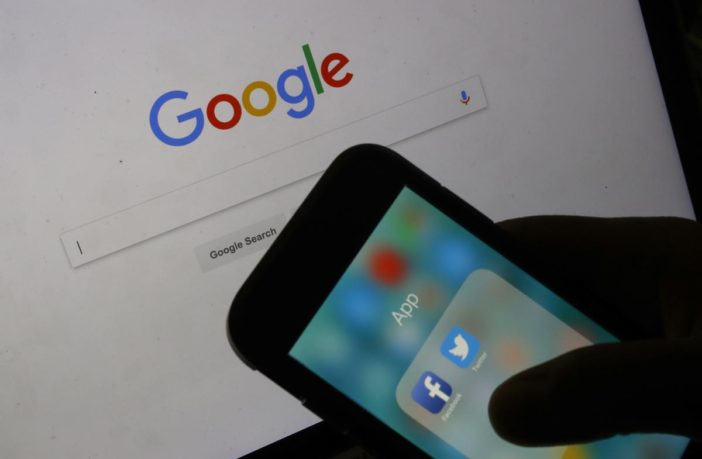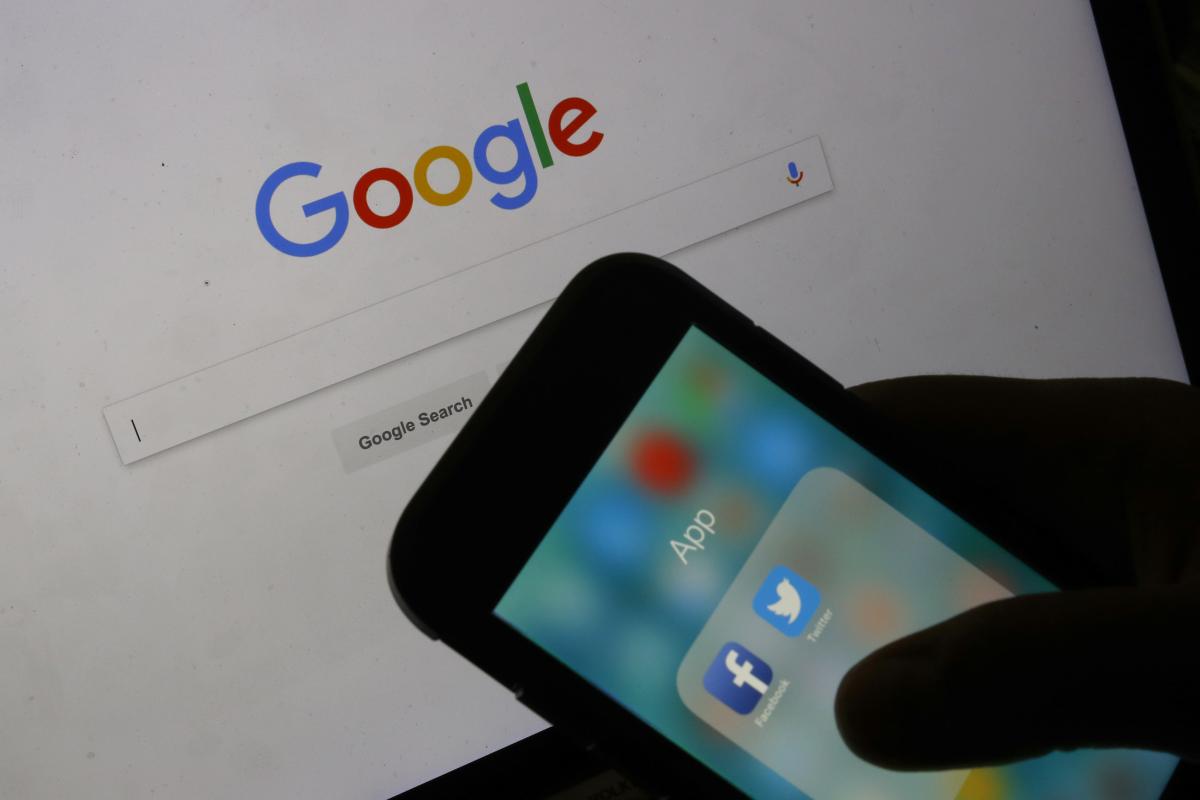Middle East Monitor
Details of Iran’s digital interference in the Arab world were uncovered in a new report which found Iran-linked Twitter accounts spreading anti-Saudi sentiments in Arabic.
Researchers at the Oxford Internet Institute analysed 770 accounts that were suspended by Twitter in August 2018 for engaging in coordinated manipulation on the platform and discovered how Iran seeks to wield influence online.
The majority of the tweets published by the Iran-linked accounts were written in French, English and Arabic, with only eight per cent written in Iran’s official language, Farsi. A study of the Arabic language tweets, released today found that the “tweets push an Iranian political narrative, including criticism of Saudi Arabia and support of the Syrian President Bashar Al-Assad.”
The report said that “Iranian interference in the politics of Arab countries has become more self-evident since the Arab Spring of 2011”. It claimed that “Iran has been trying to widen its influence in the region in a political confrontation with Saudi Arabia.”
Out of the 770 Iran-linked accounts, the most popular had nearly 42,000 followers and claimed to be based in Saudi Arabia. The Oxford study reported that “these accounts promoted pro-Iranian government messages and acted as amplifiers for websites that push an Iranian political narrative”.
READ: Iran warns Saudis after last week deadly attack
In a similar context, the Institute – which describes itself as a “multidisciplinary research and teaching department of the University of Oxford, dedicated to the social science of the Internet”- suggested that Iran’s digital interference is wider than the Arab World. It cited a report by the cybersecurity firm FireEye, and said that there was a network of websites and social media accounts targeting people in the US, UK, Latin America, as well as the Middle East.
Mona Elswah, one of the authors of the report, admitting that researchers cannot definitively say who was behind the accounts said to the Washington Post that they “would seem to be coming from the Iranian government because they fed the Iranian government narrative.”
Elswah went on to say that she believes her research “is the first to prove that there is an Iranian interference in the Arab world that is taking place on Twitter.”
The conclusions of the Oxford Institute corroborate findings of the Atlantic Council’s Digital Forensic Research Lab which found that accounts originating from Iran worked to “spread regime messaging through covert channels.” Twitter is reported to have suspended the hundreds of Iran-linked accounts in August shortly after Facebook announced it had uncovered an Iranian disinformation campaign on its site.
READ: Iran FM calls on Saudi Arabia to engage in dialogue
The report warned that if an Arab user interacted with any of the Twitter accounts, Facebook pages, or websites, it would be hard to detect the Iranian origins of these websites. Most of the websites are said to be registered with false contact information which makes tracing the origins of the websites very hard and sometimes impossible.
Authors raised broader concerns about “fake news” across the globe saying that “there is a lack of media literacy in the Middle East and North Africa,” warning that “people are not equipped to . . . criticize the news,” which “makes it much easier to plant this information based on fear.”








